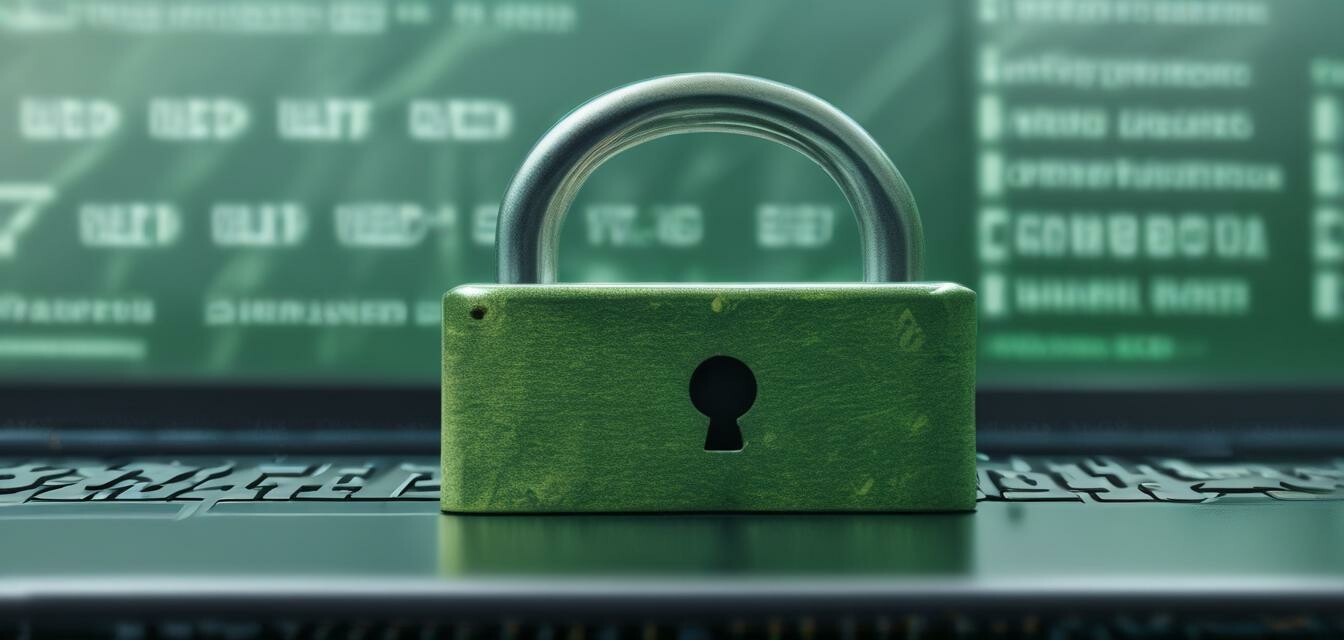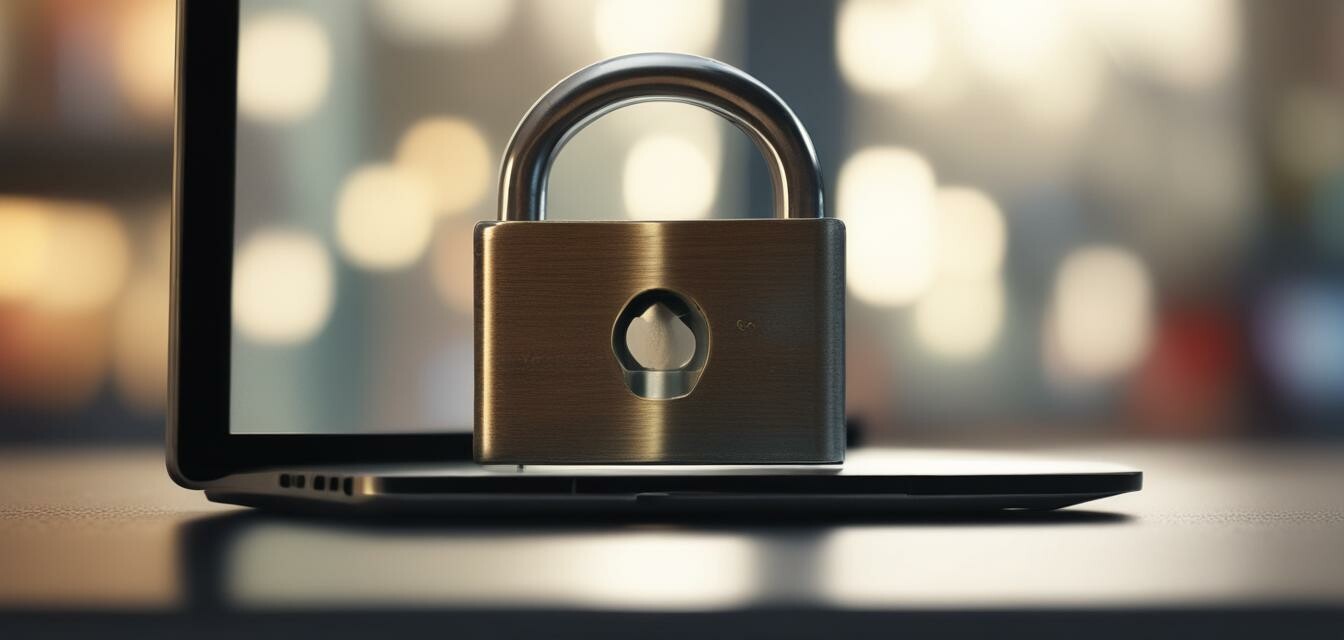
Payment and Security Solutions
When it comes to building a successful eCommerce site, one of the most critical components is ensuring the security and integrity of your customers' payment information. In this article, we'll explore the importance of secure payment gateways and security measures for eCommerce sites.
Key Takeaways
- Secure payment gateways protect customer information and reduce the risk of fraud.
- Implementing SSL encryption and HTTPS protocol ensures a secure connection between the customer's browser and your site.
- Regular security audits and penetration testing help identify vulnerabilities in your site's security.
- Compliance with industry standards such as PCI-DSS is crucial for maintaining the trust of your customers.
The Importance of Secure Payment Gateways
A secure payment gateway is essential for protecting your customers' sensitive information, such as credit card numbers and expiration dates. Without a secure payment gateway, your site is vulnerable to fraud and data breaches, which can lead to a loss of customer trust and revenue.
| Payment Gateway | Security Features |
|---|---|
| Stripe | SSL encryption, two-factor authentication, and regular security audits |
| PayPal | End-to-end encryption, fraud detection, and buyer protection |
| Authorize.net | PCI-DSS compliance, SSL encryption, and daily security scans |
Implementing Security Measures
In addition to using a secure payment gateway, there are several other security measures you can implement to protect your eCommerce site and customers.
- SSL Encryption and HTTPS Protocol: Ensure a secure connection between the customer's browser and your site by implementing SSL encryption and HTTPS protocol.
- Regular Security Audits and Penetration Testing: Regularly test your site's security to identify vulnerabilities and weaknesses.
- Compliance with Industry Standards: Ensure your site is compliant with industry standards such as PCI-DSS to maintain the trust of your customers.
- Fraud Detection and Prevention: Implement fraud detection and prevention tools to identify and prevent fraudulent transactions.

Fraud Detection and Prevention
Fraud detection and prevention tools are essential for identifying and preventing fraudulent transactions. These tools use machine learning algorithms and analytics to identify suspicious activity and flag potentially fraudulent transactions.
| Fraud Detection Tool | Features |
|---|---|
| MaxMind | IP geolocation, device fingerprinting, and machine learning algorithms |
| Kount | Real-time fraud detection, machine learning algorithms, and device fingerprinting |
| Sift Science | Machine learning algorithms, real-time fraud detection, and user behavior analysis |
Compliance with Industry Standards
Compliance with industry standards such as PCI-DSS is crucial for maintaining the trust of your customers and ensuring the security of your eCommerce site.
PCI-DSS compliance involves implementing a set of security controls and procedures to protect cardholder data, including:
- Firewalls and network security
- Secure password policies
- Regular security audits and penetration testing
- Secure storage and transmission of cardholder data

Conclusion
In conclusion, secure payment gateways and security measures are essential for protecting your customers' sensitive information and maintaining the trust of your customers. By implementing these security measures, you can ensure a secure and trustworthy online shopping experience for your customers.
For more information on building a successful eCommerce site, check out our guides on Beauty and Personal Care, Fashion and Apparel, and Home Electronics.

Pros
- Secure payment gateways protect customer information
- Implementing security measures reduces the risk of fraud
- Compliance with industry standards maintains customer trust
Cons
- Implementing security measures can be time-consuming and costly
- Fraud detection and prevention tools require regular updates and maintenance
Beginners Section
New to eCommerce? Check out our guides on Fitness Equipment, Kitchen Essentials, and Outdoor and Adventure to learn more about building a successful online store.










